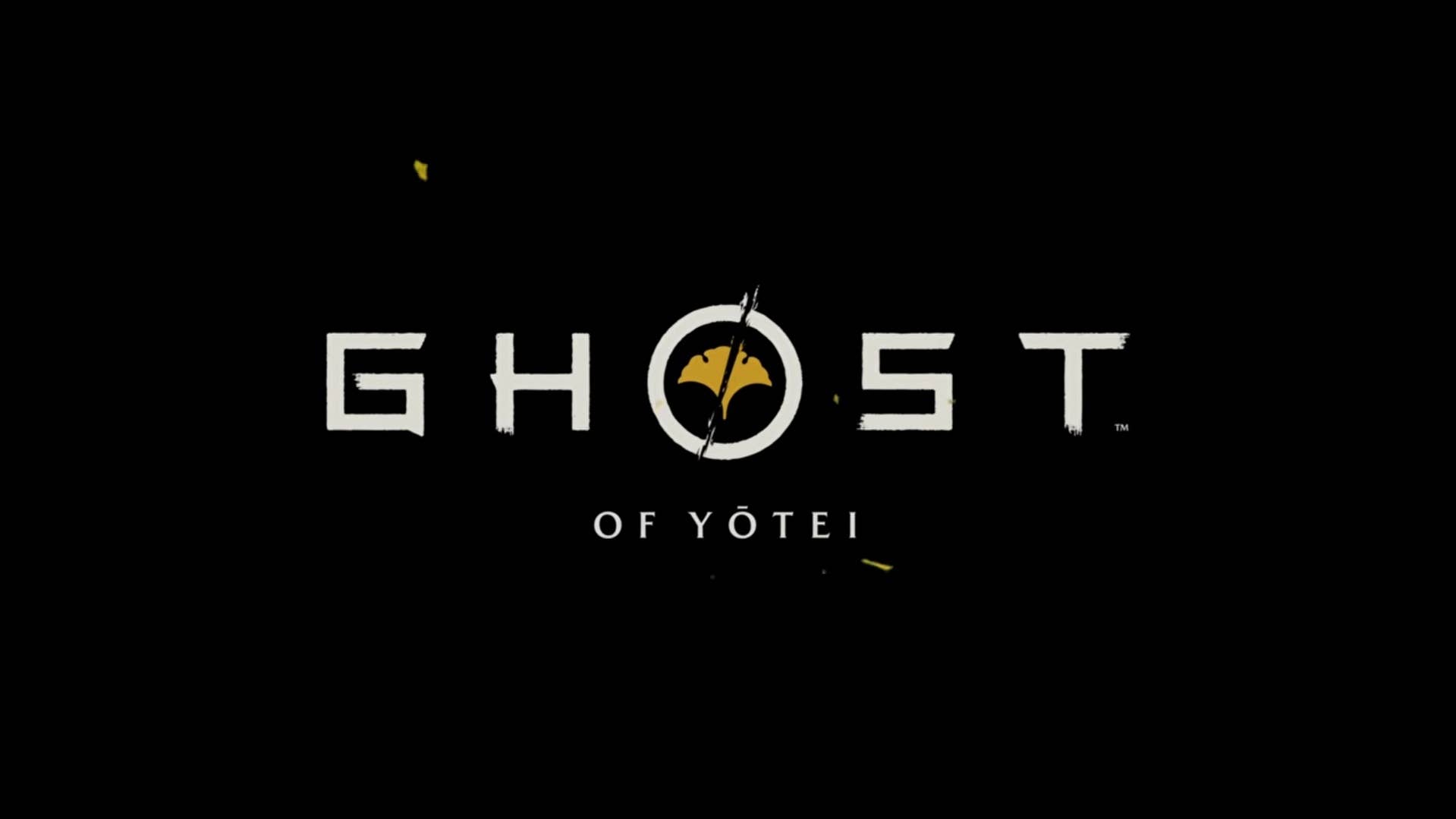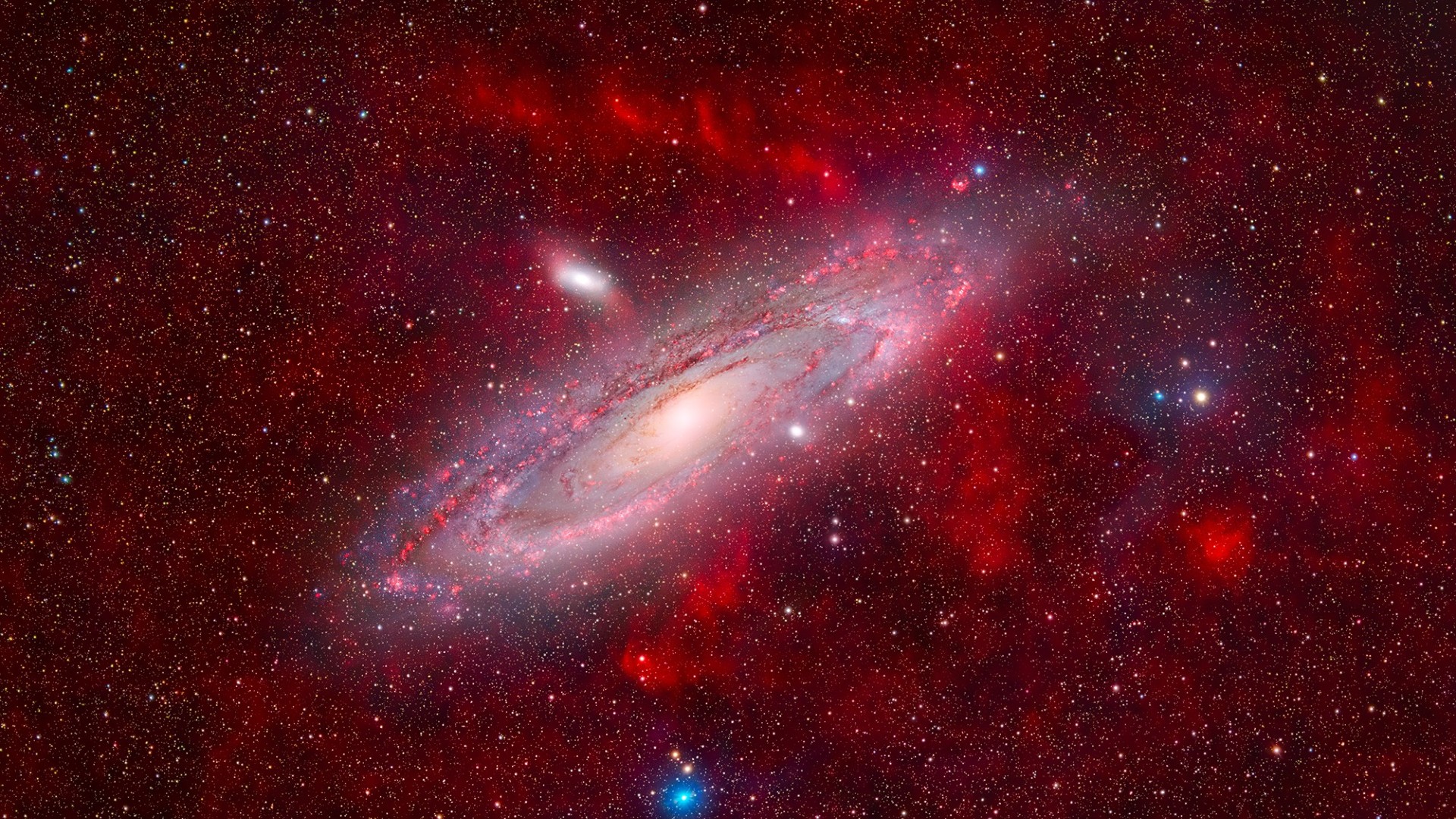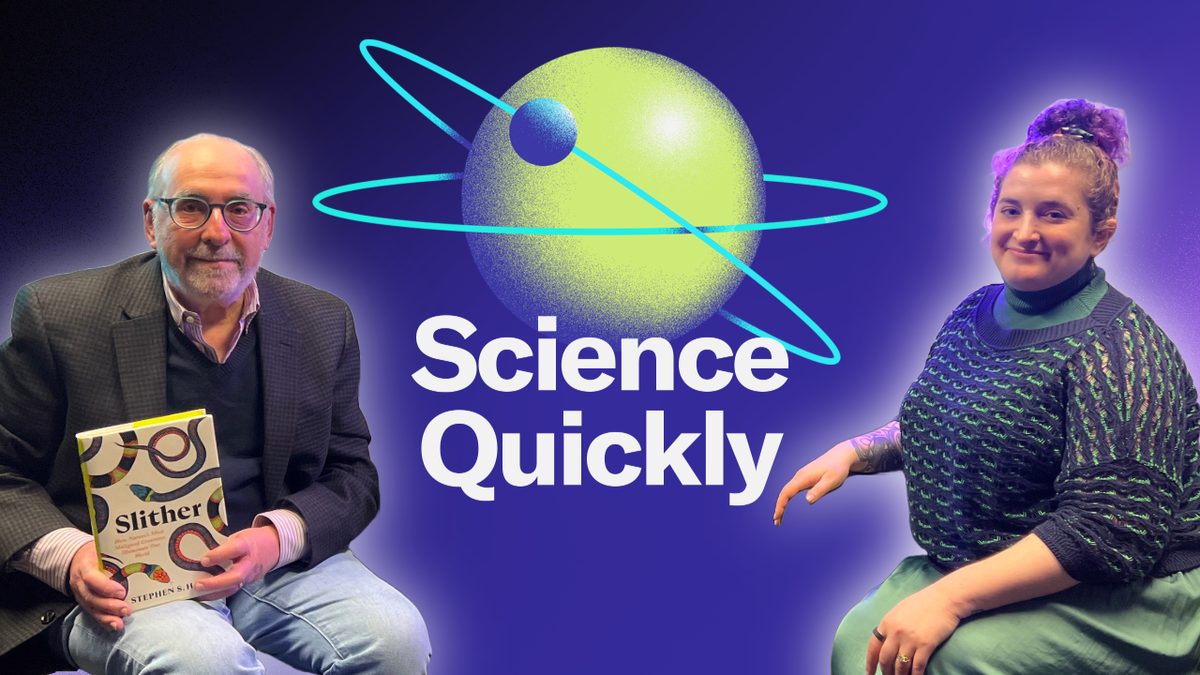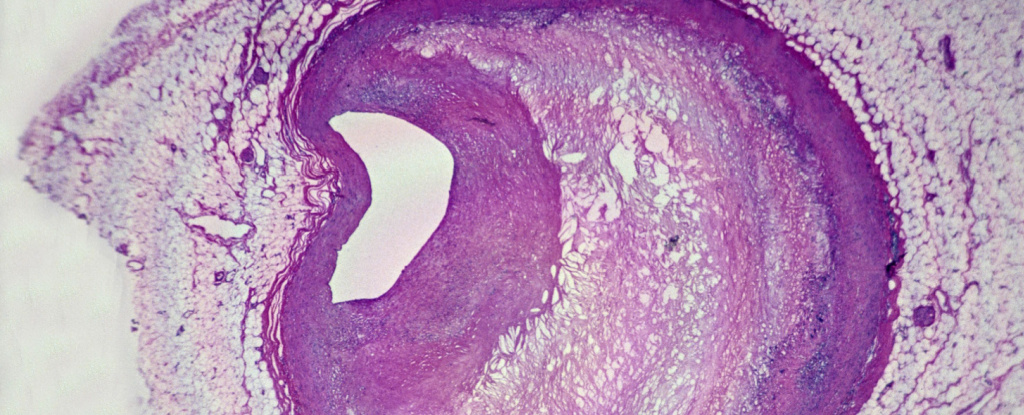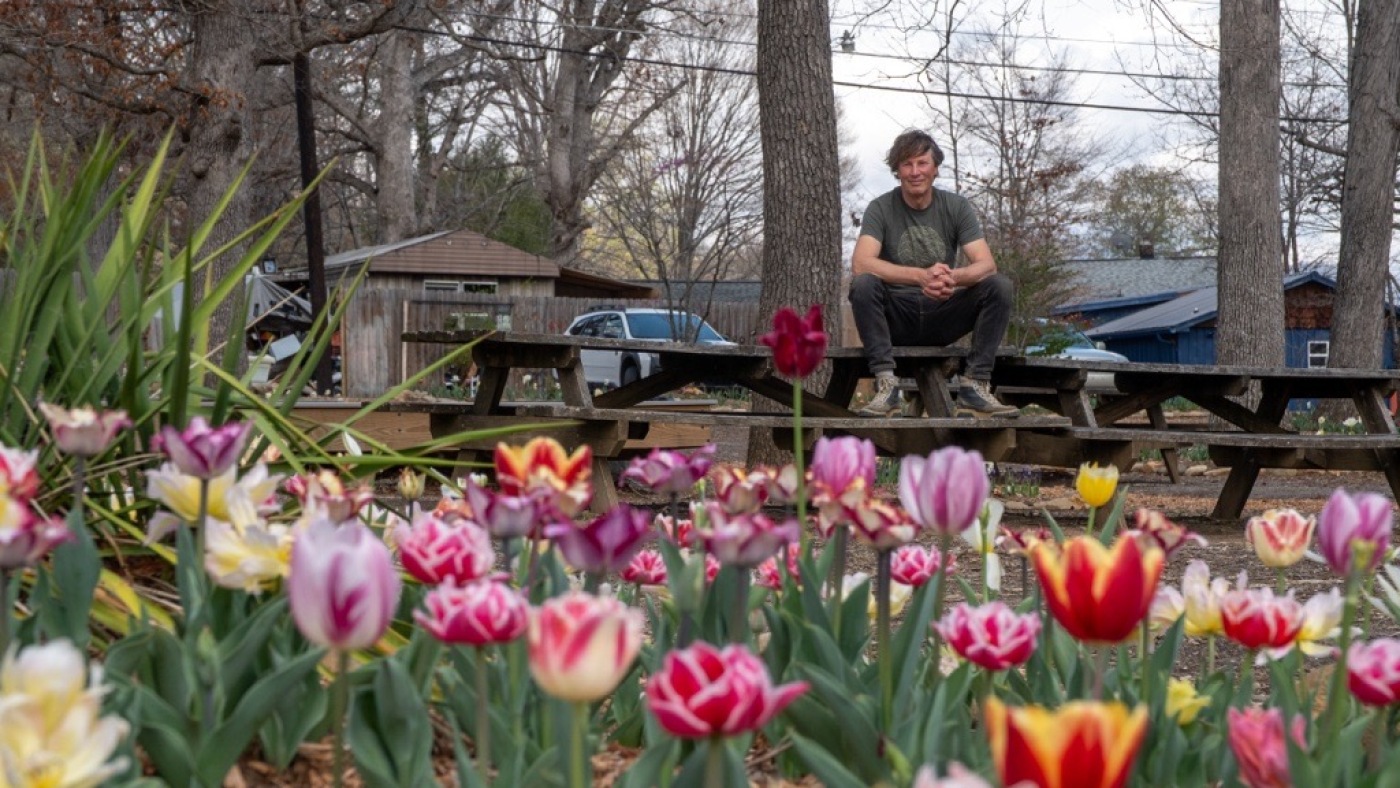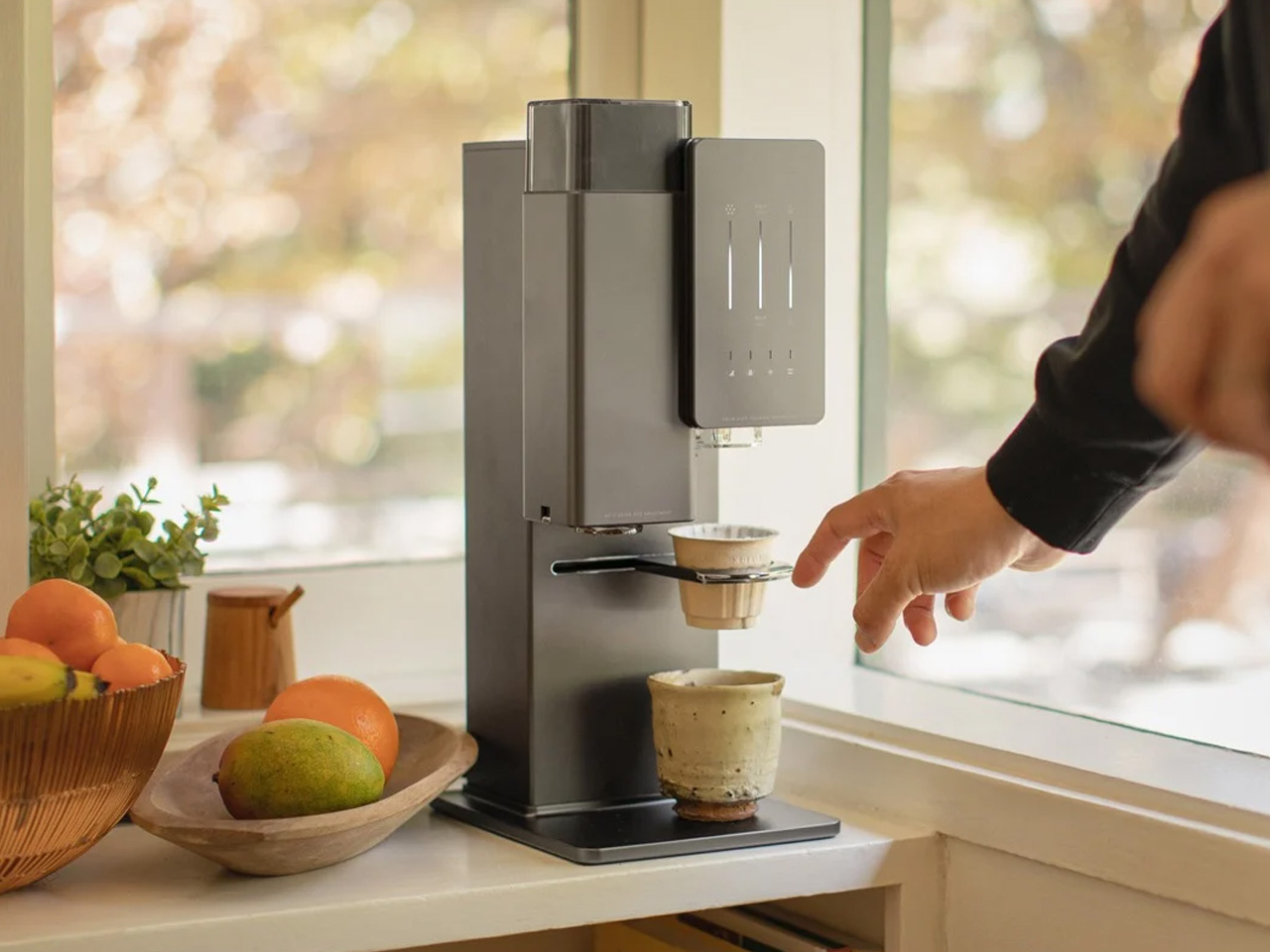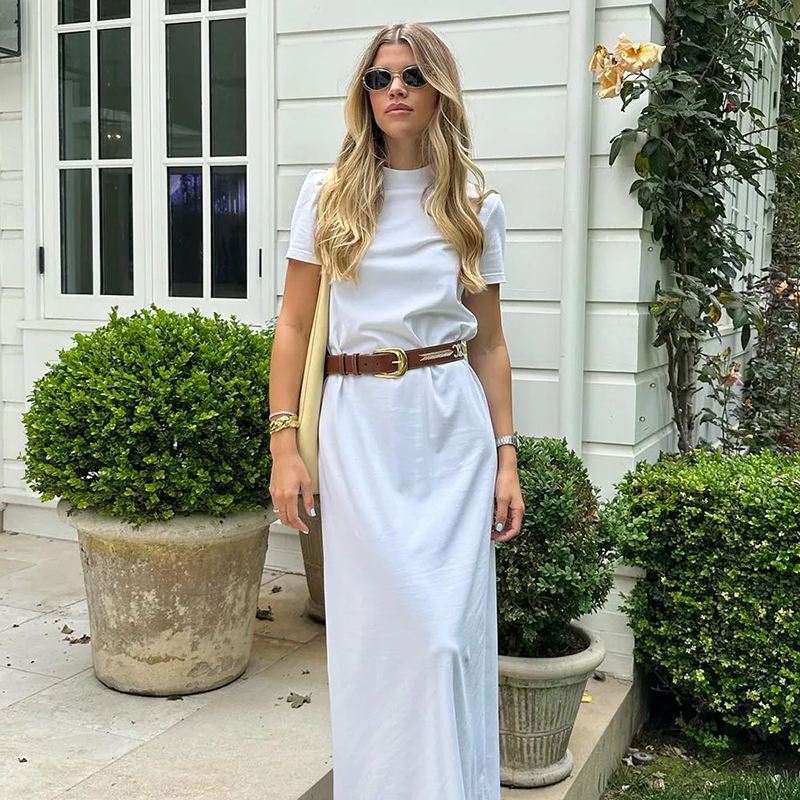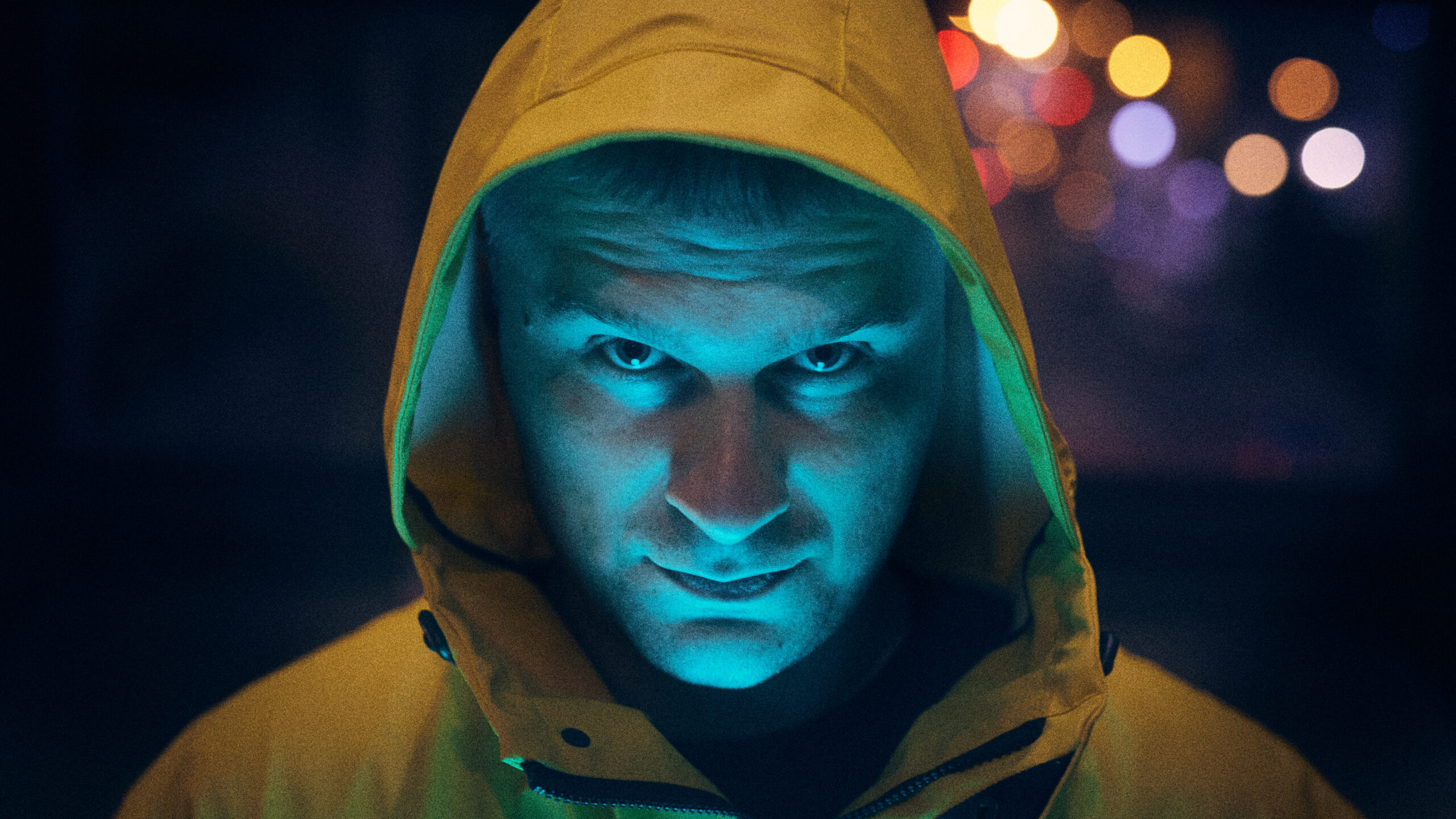Escape from the Wonder Killer
Going into nature, how long does it take till you feel like you’re there? There meaning not sending emails in your head and not wincing at shifts of temperature or humidity when sun turns to rain? There’s a comfort that comes over you. Hands and the heart are no longer so far apart and pulling […]


Going into nature, how long does it take till you feel like you’re there? There meaning not sending emails in your head and not wincing at shifts of temperature or humidity when sun turns to rain? There’s a comfort that comes over you. Hands and the heart are no longer so far apart and pulling a thorn out of your flesh is an afterthought.
Working a Grand Canyon rafting trip this month, I listened to familiar conversation from participants, some mentioning it takes a day or two to let their shoulders down. On day five some are still trying to shake the digital wiring that’s seized our analog minds. On longer trips, by ten days the most tech-hardened have given themselves over to sun-time and star positions. By day twenty-one you’d swear you’ve always belonged here.
When I left the river to hike back to civilization, the guide on the oars who dropped me off along with several others shouted, “Don’t let the wonder killer get you!”
I hiked gear onto my back to start up the trail and her sentiment rattled in my head. Wonder killer. That’s what she called the world outside the Grand Canyon, the one I’d get to when my phone reached signal about 5,000 feet over my head, just below the rim.
I was teaching as part of a rotating backcountry writing program, hiking out as another instructor hiked in. Some of the participants were scientists, including two Indigenous women working on their dissertations. We talked about the wonder-killing up on the surface. I saw a tear roll down one woman’s cheek from under her sunglasses when she described how academia beats down creativity, stripping any reference to her heritage and Native perspective. I’ve heard this from many scientists. It’s hard to ever write creatively again. The woman wrote beautiful poetry and said she struggled to hold onto it.
The Bright Angel Trail, the busiest trail in the Grand Canyon, is 5,500 vertical feet river to rim, an effort no matter if you’re going up or down. I was in a group of river people climbing miles of switchbacks out of morning shadows and into daylight. Other hikers began to appear about the time we made the Muav Limestone a third of the way up, first trail-runners and then families still looking spry early in the day. We put our heads down and went into low gear, our backpacks clipped with river shoes and paddle jackets. To hikers coming down in sports gear and calf-high socks, we must have looked like troglodytes trudging up from the mines. When we stopped to rest, I commented to my group that I’d come to appreciate the way we smelled, like sweat and minerals. Passing through detergents and scent industries on the trail was like entering a flower shop. It stung the nose.
Getting into wilderness mind doesn’t take me long. Coming out is harder. I have to work at it. Up Tapeats, up Redwall, up Supai and the bold white cliffs of Coconino we encountered more and more people, languages, ethnicities, accents. A ranger popped along with a smile and paused to see if any of us were dying. A man with earbuds sat alone at the mile-and-a-half resthouse having a conversation about something I tried to ignore. It involved money.
Don’t get me wrong, I love these people I don’t know, their faces unmemorizable. I’m one of them, my group another string of oddities among families with too many kids, families with not enough kids, a veteran with a T-shirt stating so, a woman in a flowing dress, another woman clinging to the wall along the trail as if she’d found herself stranded on the Eiger. You shouldn’t stop to help. They are going through what they need to go through. For some, just looking into the Grand Canyon is shamanic.
If they appear to be dying, then do please help. Ask how their hike is going and if they are dying they will let you know.
I hadn’t been thinking anything like that on the river. Chances of falling, breaking a leg, drowning, or being bit or stung by something poisonous are much higher, yet I hadn’t worried much. You get to know each other on an expedition; there are no strangers among you. Amy Irvine, my co-instructor, found a rattlesnake — a small and venomous endemic called the Grand Canyon pink — coiled up and buzzing where she was putting down her camp. Not much was made of it. One of the guides quietly picked it up with his hand from behind its head and carried it off. Amy commented how beautiful the snake was and she didn’t think twice about laying her bag where she’d planned.
Coming out feels like worry. I didn’t turn my phone on as I hiked, but I could feel it burning from inside my pack. Kinetic energy was growing, questions surfacing that only the outside world could answer. You should be worried, it’s not a false emotion. Phone conversations increased at the Kaibab where if you looked up through chalky tiers of limestone, you’d see pictographs painted in red showing a line of antlered deer, a parade of ancient bucks.
The trick, I’ve found, is not to let go. The woman on the oars had implored me not to let the wonder killer get me. Keep your heart in the Canyon. Carry the place with you. Keep your eyes open, your wits about you. Let your poetry out.
Coming out of wild places, how long does it take to adjust? Everybody’s bumping into each other. We catch a shuttle at the rim and pile in our gear. We plug into the worst of the media we’d missed and the news is unavoidably tragic. There are some holdouts who won’t check till morning, bless their souls. In Flagstaff we get together at an agreed upon time, responding to texts, seeing who can drive, asking if so-and-so was coming or if they said they were too tired. There’d be a menu and questions, loud music, and we’d look like we went through a carwash and were subsequently dressed by machines. The tans we thought we’d been cultivating turned out to be mostly dust and sand washing off in the shower.
Don’t let the wonder killer get you. Notice at the loud dinner table the kind of light shedding on everyone’s faces and the cool that comes in whenever the door opens. Follow the cadence of voices and nod to their rhythms. Feel the phone buzzing in your pocket. Breathe deeply, poised as if a rattlesnake were in your hand.
Photo by me: Colorado River, Marble Canyon, Arizona
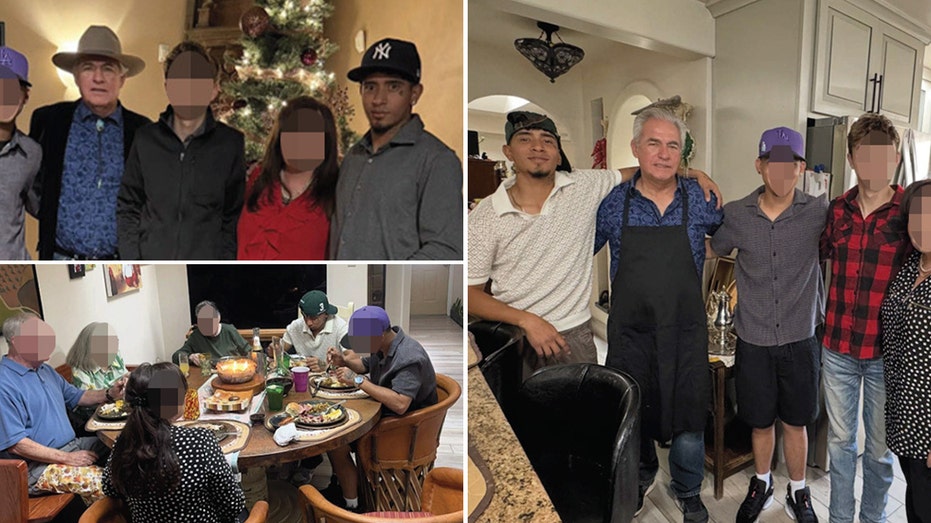

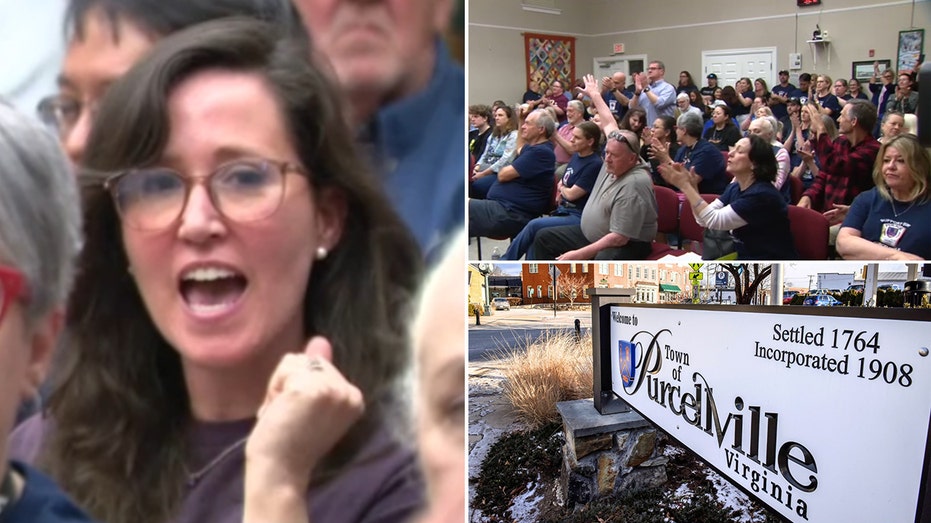
















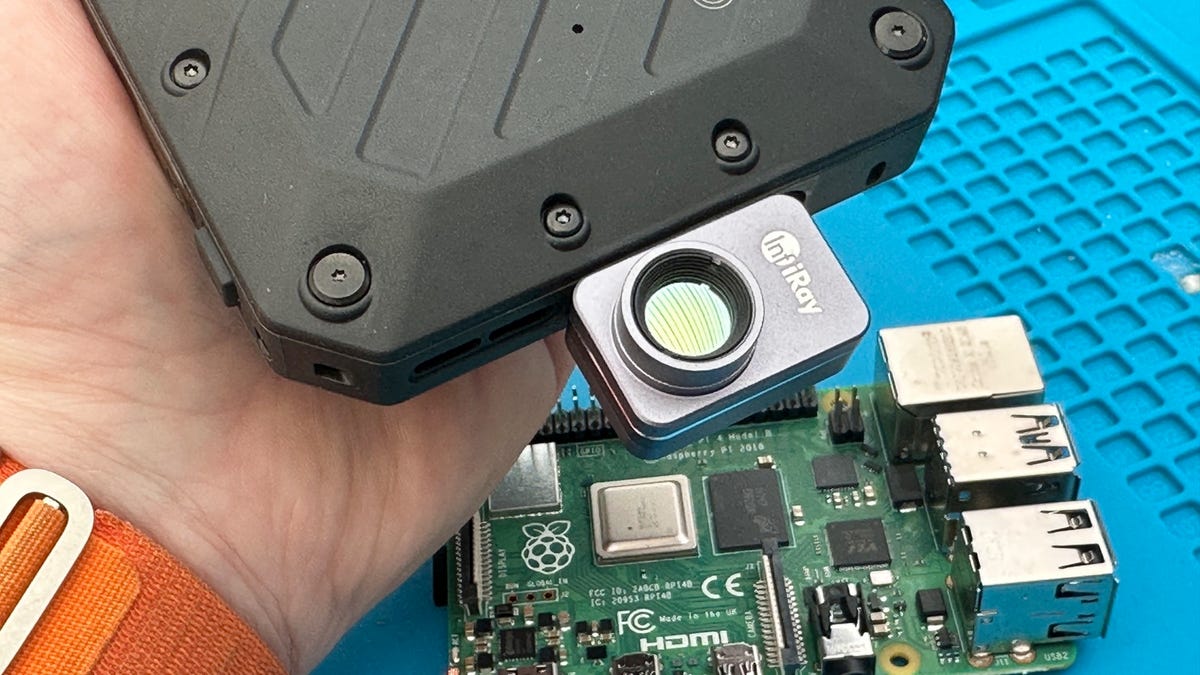

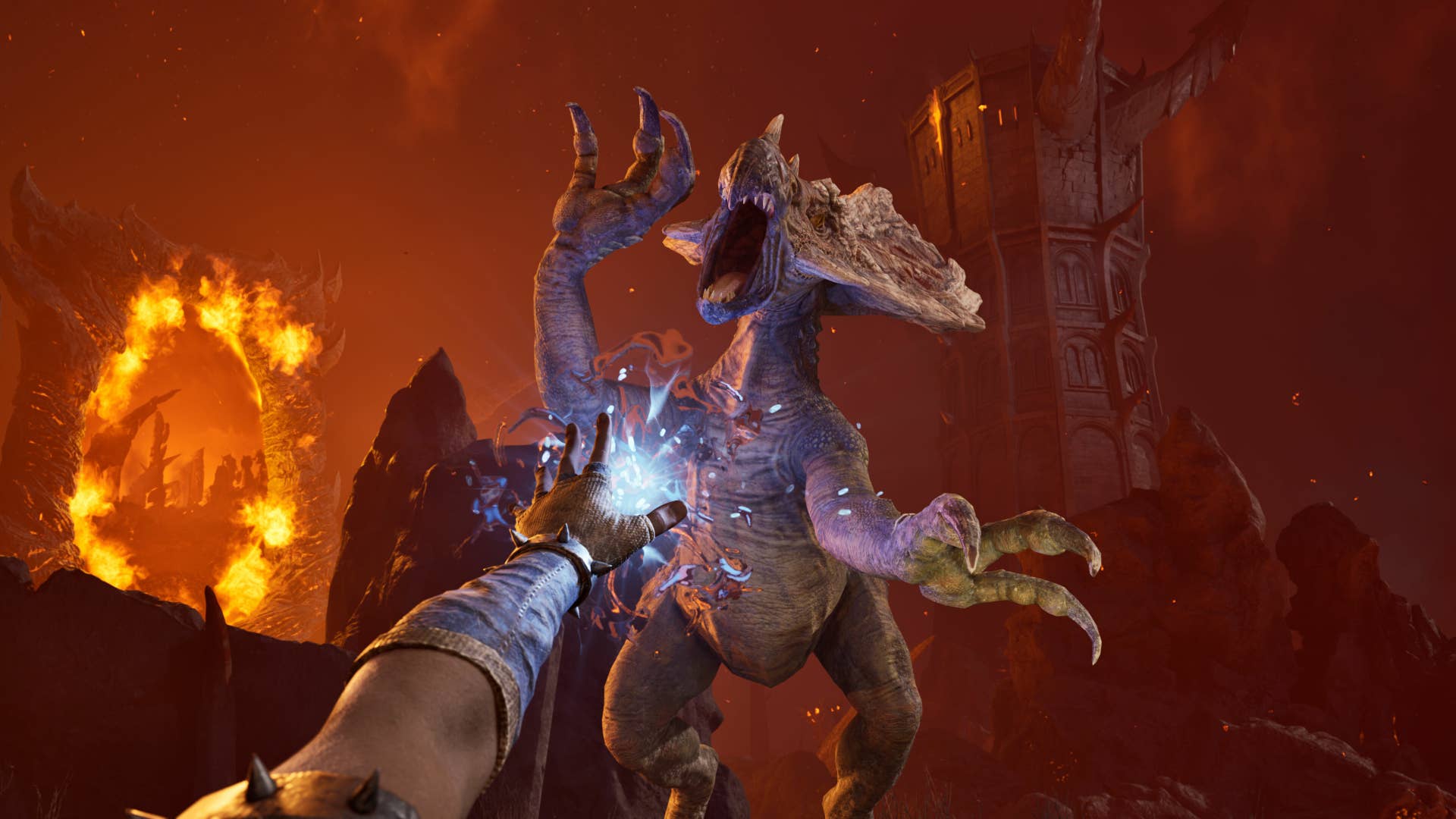
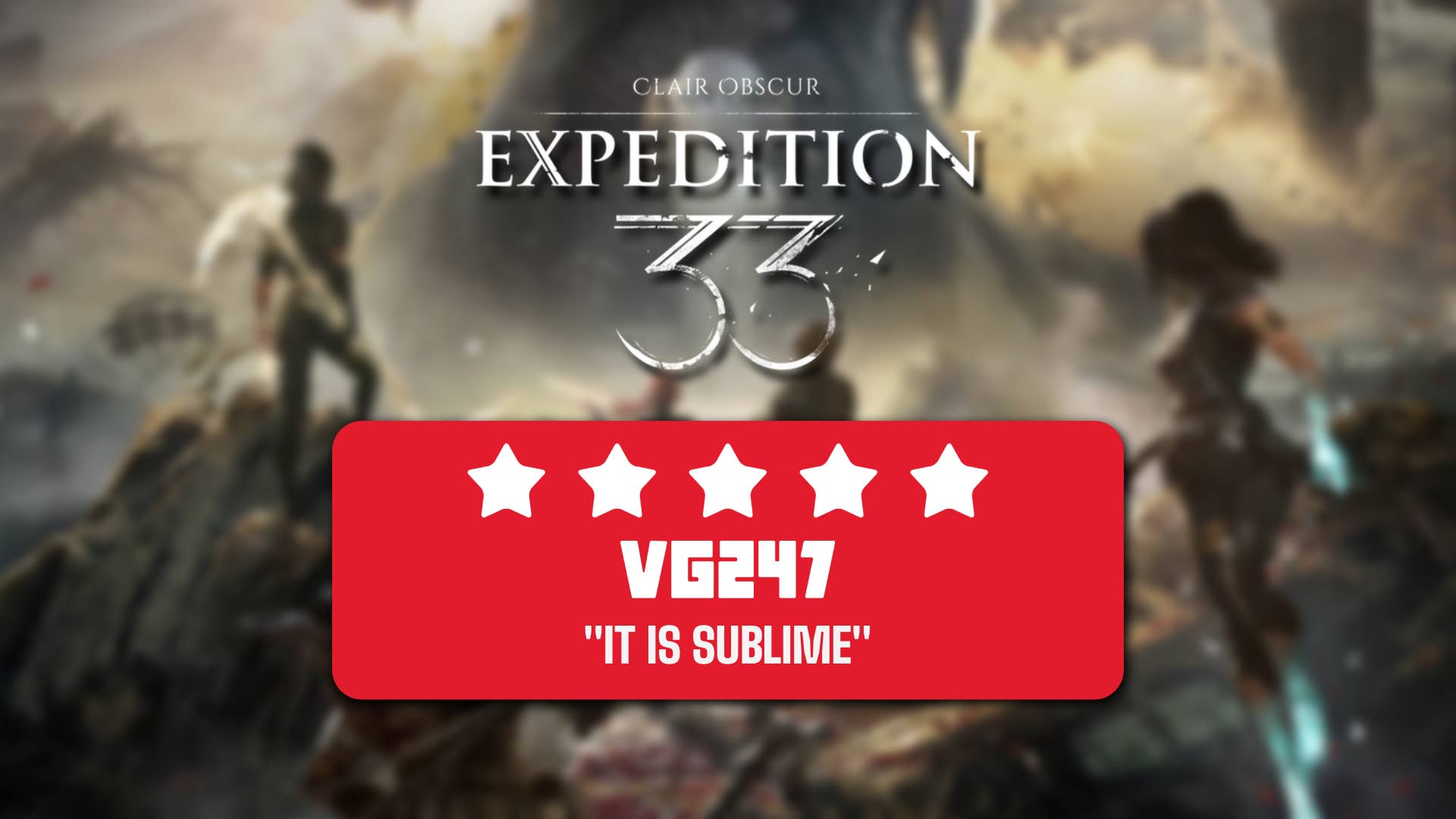
.jpg?width=1920&height=1920&fit=bounds&quality=70&format=jpg&auto=webp#)
